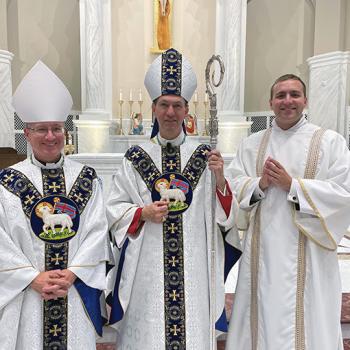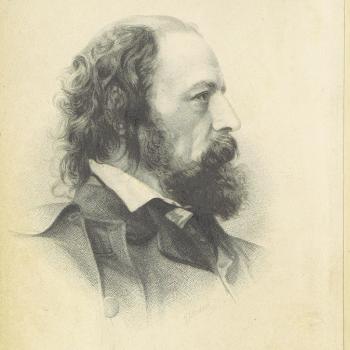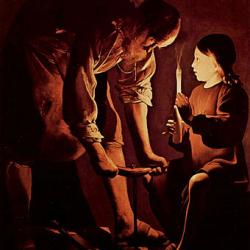Grief, terror, uneasiness, and confusion. That's quite a gamut of emotions for the mountaintop "inner circle" disciples in this brief passage.
In every line of work, some struggle while others refresh themselves. In the medical field, one doctor is on call on the weekends so others can be with their families. In the military some are on leave or receiving specialized training in relative safety while others are in combat zones. Somebody has to preach and teach while the senior pastor is on study leave.
The doctor on call doesn't forget all the diagnostic training she learned in medical school. The troops in the combat zone don't suddenly forget their knowledge of combat strategy. The pastor leading worship doesn't suddenly forget the principles of effective communication.
In each case, those who are "on call" use their training and skills to handle whatever situations arise. While Jesus and his inner circle were having a mountaintop experiences, the rest of the disciples were struggling to cope with the violence and confusion of daily life on the ground. Those disciples "left behind" while Jesus and the inner circle went up the mountain have been dealing with a boy possessed with a spirit. But apparently, in their exorcism attempt, they forgot one crucial skill.
In my Introduction to Preaching class last week, I was leading the students through a handout called "Biblical Interpretation for Preaching." It is a 10-step process that, if followed, yields a theme for a sermon. The first step on the handout is "Prayer: A First Step Rather than a Last Resort." I began to wax eloquent (at least I thought so!) about the importance of making prayer a priority in the preacher's life. I told students that the Monday morning preacher's prayer "Dear God, guide me with your wisdom" is preferable to the Saturday night preacher's prayer "Help me, Jesus, 'cause I got nothing." I talked about how the silence of prayer must precede the words of the sermon. I talked about how if you don't have a prayer life outside the pulpit you don't have a prayer in it.
I continued leading them through the next several steps and then I said, "All right, now that we know the steps, we're going to exegete Matthew 8:18-27. Who has a thought about the context of this text why Matthew put it where he put it?"
There was a long, long silence. Then one student raised her hand and said, "Dr. McKenzie, we can't exegete the text until we have prayed. You just said so yourself."
Oops. She was right. I had gotten so caught up in getting through my ten exegetical steps that I'd forgotten the crucial advice I'd just given them—that prayer is a first resort rather than a last.
Apparently, the disciples had forgotten too. Amid the violence and confusion of daily life that surrounds the Transfiguration event in Mark, faced with a troubled boy and a rowdy crowd, they had forgotten to pray.
Until, that is, they came face to face with the still-glowing countenance of Jesus and remembered that who he would one day become is who he already is. They are reminded that Jesus' future glory shines into each violent and confused moment of life. It alone is able to transfigure the present moment. And it needs only a disciple who remembers to pray.
Sources Consulted
Hugh Anderson, The Gospel of Mark





